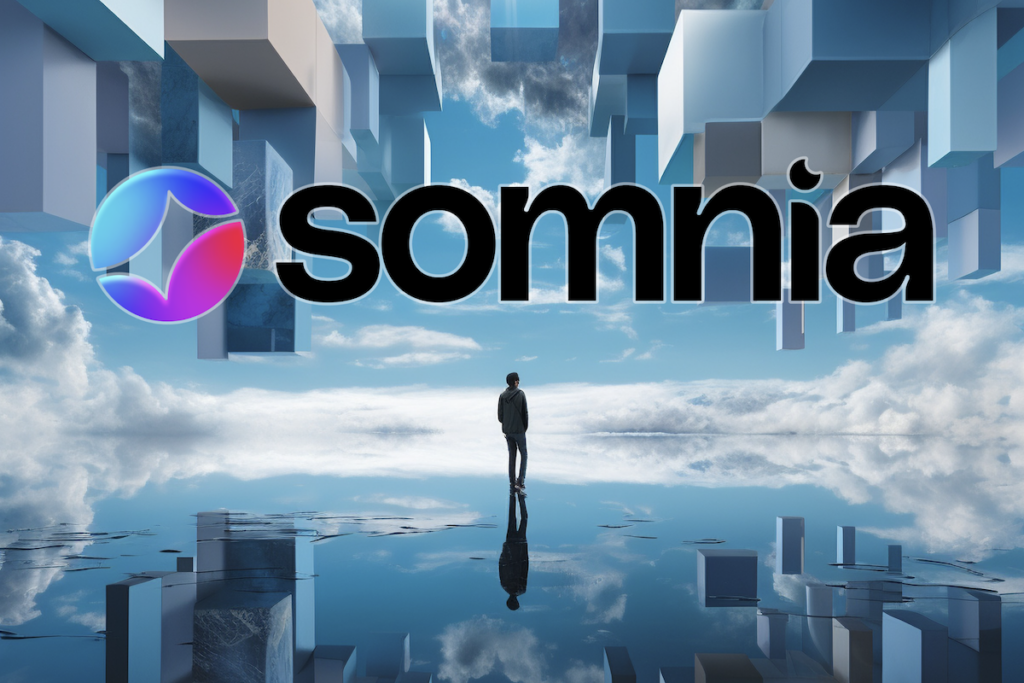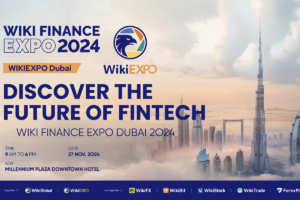The music industry is in a state of transformation, driven by innovations. The same applies to highly modern platforms such as gamechampions. One of the most disruptive technologies making waves is the blockchain, and more specifically, non-fungible tokens (NFTs). These unique digital assets are enabling musicians to rethink traditional models of distribution, ownership, and fan engagement, providing them with new ways to control and monetize their art. In this article, we will explore how musicians are using NFTs to reshape the music industry.
Empowering Artists Through Ownership and Revenue
In the traditional music industry, musicians often lose control of their creative output when they sign with record labels. These contracts frequently include giving up significant ownership of their work, which in turn affects their earnings. Streaming platforms, while offering broader exposure, typically provide low revenue for artists per stream. NFTs are changing this dynamic by offering musicians a way to directly sell their work without intermediaries.
By tokenizing songs, albums, or other forms of media, artists can sell these directly to fans as NFTs, granting them ownership of a unique piece of art. These NFTs can be priced according to their rarity or exclusive features, allowing musicians to dictate the value of their creations. Additionally, smart contracts associated with NFTs ensure that artists continue to earn royalties every time their work is resold, offering a sustainable source of income long after the initial sale. This model is far more artist-friendly and allows them to capture a greater share of their earnings.
Creating Unique Fan Experiences
NFTs are not just limited to selling music tracks; they offer musicians an opportunity to create one-of-a-kind experiences for their fans. Musicians can mint NFTs that include exclusive content, such as unreleased songs, backstage access, or even virtual meet-and-greets. These digital collectibles can come in the form of concert tickets, artwork, or personalized messages, enhancing fan interaction and offering a deeper connection with the artist.
One notable example is the band Kings of Leon, who became the first major act to release an entire album as an NFT in 2021. Along with the album, they offered exclusive packages, such as lifetime front-row concert seats and limited-edition vinyl. This groundbreaking approach provided fans with something unique beyond the music, creating a sense of community and exclusivity. NFTs, in this sense, are allowing artists to develop new revenue streams while building stronger relationships with their audience.
Decentralizing the Music Distribution Model
The music industry has long been dominated by major labels, which serve as gatekeepers, controlling the distribution channels for music. NFTs offer a way to decentralize this model. Instead of relying on record labels or streaming platforms, artists can distribute their music directly to their fanbase through blockchain platforms. This enables musicians to bypass traditional gatekeepers and gain greater autonomy over how and when their music is released.
Blockchain platforms such as Audius and Zora are leading the charge in decentralizing music distribution. These platforms are built with blockchain technology, allowing musicians to distribute their work directly to listeners while retaining control over their content and how it is monetized. This shift is empowering independent artists to build careers on their own terms and reducing the dominance of centralized institutions in the music industry.
Conclusion
NFTs are revolutionizing the music industry by giving artists more control over their creative output, allowing them to create unique experiences for fans, decentralizing distribution, and redefining the value of music. While the technology is still in its early stages, it has the potential to permanently alter how music is produced, distributed, and consumed. As more musicians embrace NFTs, we are likely to see even greater innovations in the way music and digital art intersect, benefiting both creators and fans alike.
Main Image: Unsplash
Author
-

The views and opinions expressed in this guest post are solely those of the author, and do not necessarily reflect the official policy or position of NFT News Today.




